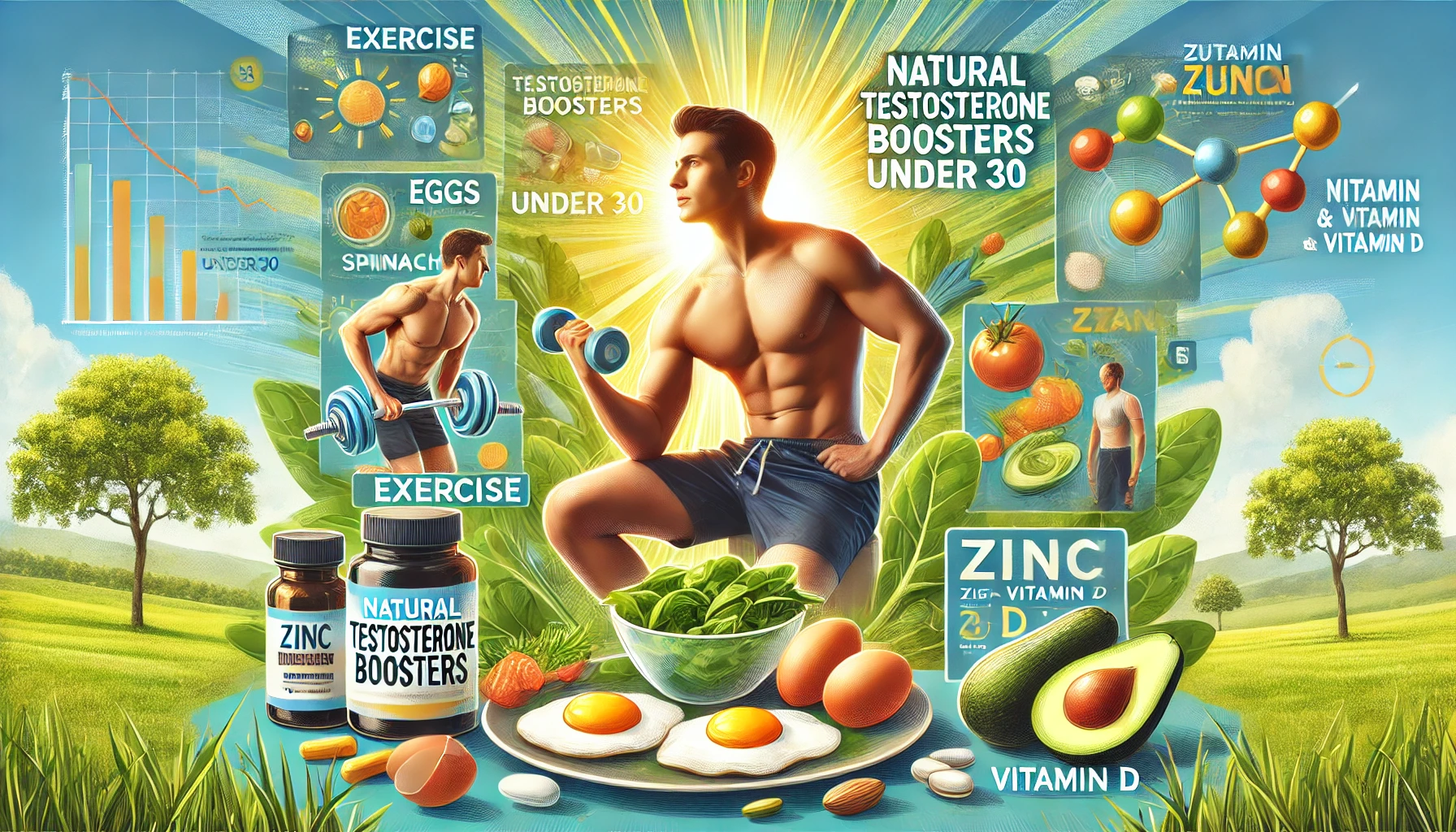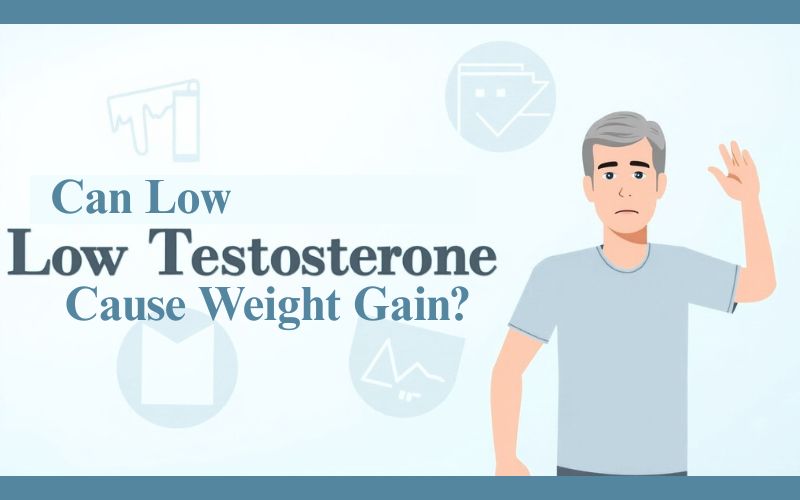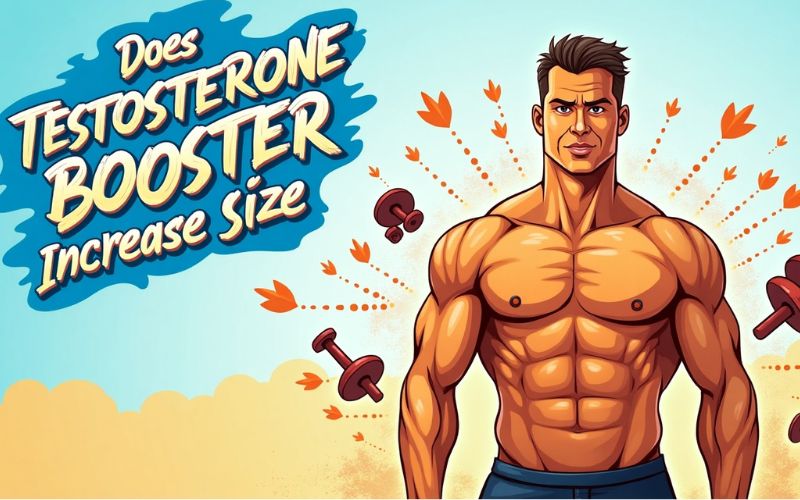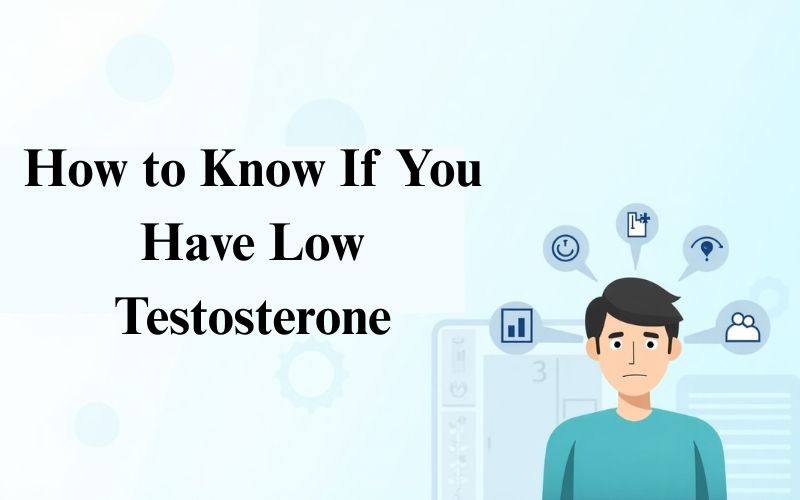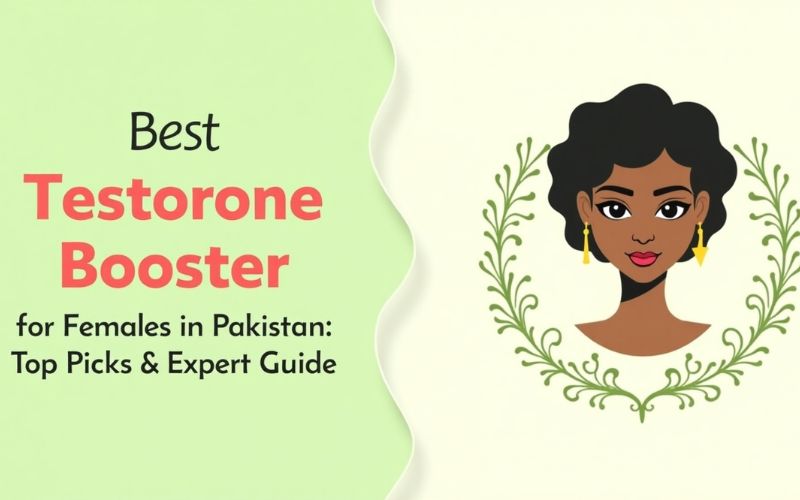Testosterone, a pivotal androgenic hormone, orchestrates a multitude of physiological functions, especially during adolescence and early adulthood.
It is instrumental in the development of male secondary sexual characteristics, including muscle mass augmentation, bone density enhancement, and the deepening of the voice.
Beyond these, testosterone significantly influences libido, mood regulation, and overall vitality. Typically, testosterone levels peak during late adolescence and early twenties, providing the energy and drive characteristic of youth.
Table of Contents
Causes of Low Testosterone Levels in Individuals Under 30
While a gradual decline in testosterone is anticipated with advancing age, a notable decrease in individuals under 30 is atypical and warrants attention. Several factors can precipitate this decline:
- Lifestyle Factors: Sedentary behavior, poor dietary habits, and chronic stress can adversely affect hormone production.
- Medical Conditions: Obesity, type 2 diabetes, and certain endocrine disorders have been linked to reduced testosterone levels.
- Substance Use: Excessive alcohol consumption and the use of anabolic steroids can disrupt the body’s natural hormone balance.
Recognizing these contributors is essential for addressing and mitigating low testosterone levels in young adults.
Natural Methods to Enhance Testosterone Production
Before considering supplementation, adopting natural strategies to bolster testosterone production is advisable:
- Regular Physical Activity: Engaging in both resistance training and high-intensity interval training (HIIT) has been shown to elevate testosterone levels.
- Balanced Nutrition: Consuming a diet rich in lean proteins, healthy fats, and complex carbohydrates supports hormone synthesis.
- Adequate Sleep: Ensuring 7-9 hours of quality sleep per night is crucial, as sleep deprivation can significantly lower testosterone levels.
- Stress Management: Practices such as meditation, yoga, and deep-breathing exercises can help reduce cortisol levels, a hormone that inversely affects testosterone.
Evaluating the Efficacy and Safety of Testosterone Boosting Supplements
The market is replete with supplements claiming to enhance testosterone levels. However, their efficacy, especially in individuals under 30, remains a subject of debate.
Common ingredients include D-aspartic acid, fenugreek, and ashwagandha. While some studies suggest potential benefits, the overall evidence is inconclusive.
Moreover, the safety profile of these supplements is not well-established, and they may interact with other medications or have unforeseen side effects. Therefore, caution is advised when considering such products.
Consulting Healthcare Professionals
Experiencing symptoms indicative of low testosterone, such as fatigue, decreased libido, or mood disturbances, should prompt consultation with a healthcare professional. A thorough evaluation can identify underlying causes and guide appropriate interventions.
Self-prescribing supplements without medical advice can lead to adverse outcomes. Healthcare providers can offer personalized recommendations, ensuring that any approach to managing testosterone levels is both safe and effective.
In conclusion, while the allure of quick fixes through supplements is understandable, young adults should prioritize natural lifestyle modifications and seek professional medical advice when addressing concerns about testosterone levels.














